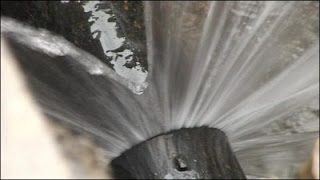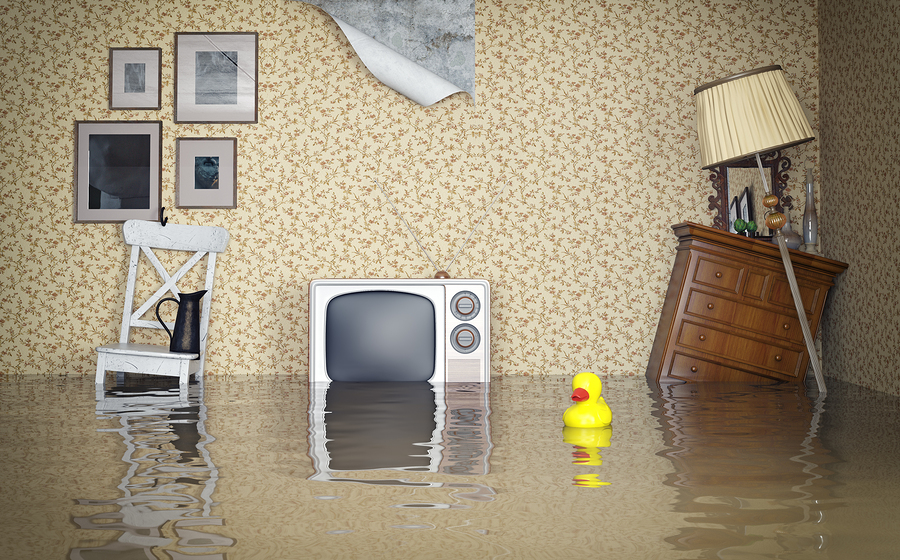 A burst pipe represents one of the worst case scenarios for most homeowners; you come home, or wake up to find that a pipe has broken, flooding rooms and damaging your possessions. Pipes can break for a wide range of reasons, which can include freezing, and the wearing down of an old system that needs replacement. In any case, water damage can be devastating, and should be limited by taking a number of approaches that can help to deal with a leak, while ensuring you get the right insurance payout.Some point everyone should remember:
A burst pipe represents one of the worst case scenarios for most homeowners; you come home, or wake up to find that a pipe has broken, flooding rooms and damaging your possessions. Pipes can break for a wide range of reasons, which can include freezing, and the wearing down of an old system that needs replacement. In any case, water damage can be devastating, and should be limited by taking a number of approaches that can help to deal with a leak, while ensuring you get the right insurance payout.Some point everyone should remember:
The First Response
You need to take to a burst pipe is to ensure that it can’t be allowed to get worse – this means switching off your water supply using your mains stop tap, which can usually be found under your sink. Once the water has been switched off, let the pipe drain off, and try to drain the remaining water from your system – toilets can be flushed, and your water heating turned off to allow remaining water to drain out without going through the affected pipe.
The Second Response
You need to take to isolate the burst pipe, and to perform a temporary fix – if the pipe has a noticeable crack that’s small enough to be taped over, do so before a plumber arrives. A plumbing company should be called out to drain the existing water, and to fix or remove the broken pipe, while inspecting the rest of your water supply.
The Third Response
It should be your electrical system must be switched off while you wait for floors to dry out; don’t try to perform any repairs without knowing exactly what you’re doing, as this can only make things worse.
Fourth Resposne
If you’ve had problems with frozen pipes during the Winter, you’ll need to follow the same procedure of switching off your water supply, while also waiting for ice to thaw and be drained away. Be as careful as possible to identify where ice has built up elsewhere around your pipes, and try to thaw them with a hair dryer or other portable electrical device, remembering to be as cautious as you can be with electricity around water.
For your insurance claim, you should ensure that flood damage is one of the priorities on your building insurance policy; the age of your system, and the extent of the damage suffered will have to be taken into consideration, as will whether you took enough measures to deal with the problem before it became worse. Take as many photographs as you can while the pipe is still running, and get a detailed report from your plumber into damages, and from your electrician if you have to rewire damaged parts of your home.
Conclusion
Taking some preventative measures to try to minimize the potential damage of a broken pipe is important; while it’s not certain that you can completely avoid problems, you can at least try to avoid unnecessary ones. Make sure that you insulate lofts and water tanks against cold before the Winter, and get pipe insulation; you should also ensure that hot air can circulate in your attic and pipes, while also avoiding leaving your home unoccupied for a significant period of time when temperatures fall.
Emily provides expert advice on the various insurance problems individuals face during their lives. She always recommends people to go for www.directasia.com which have services to help those struggling with home insurance issues.

